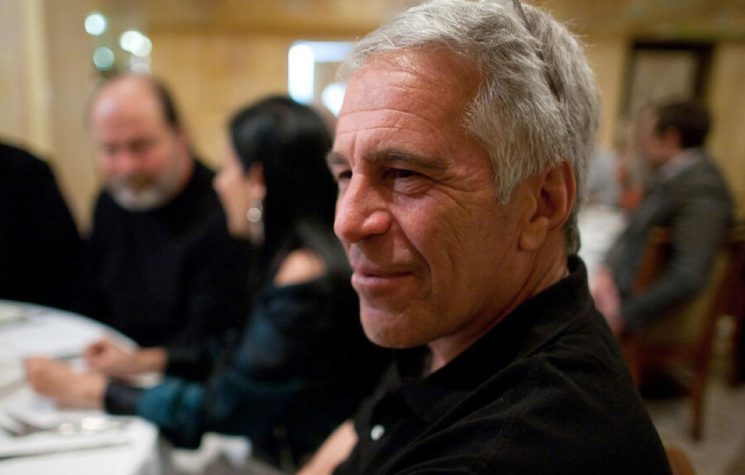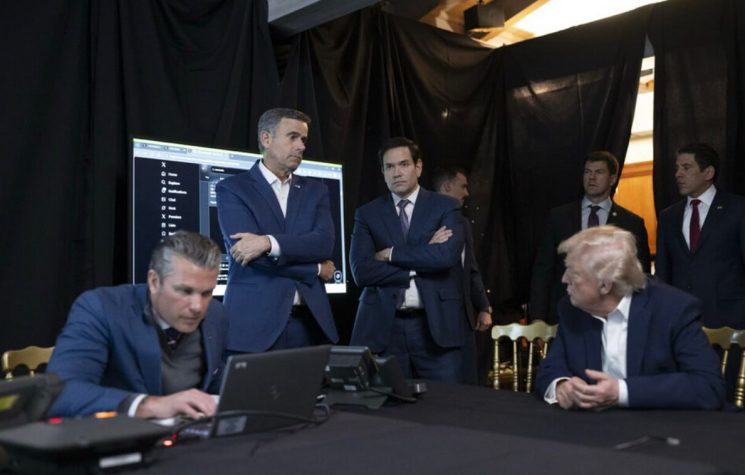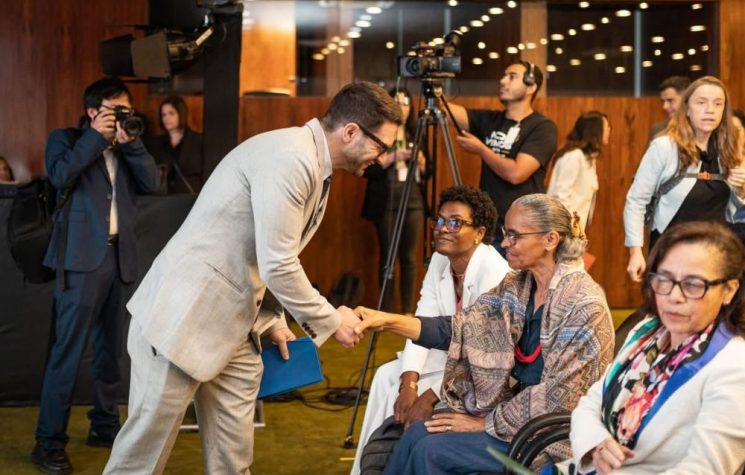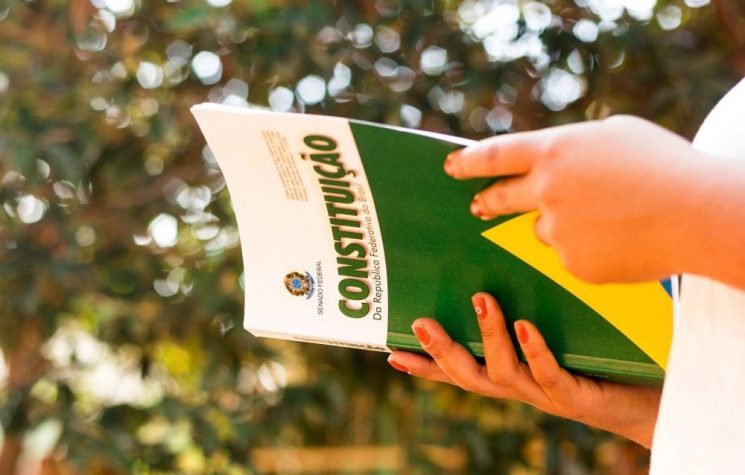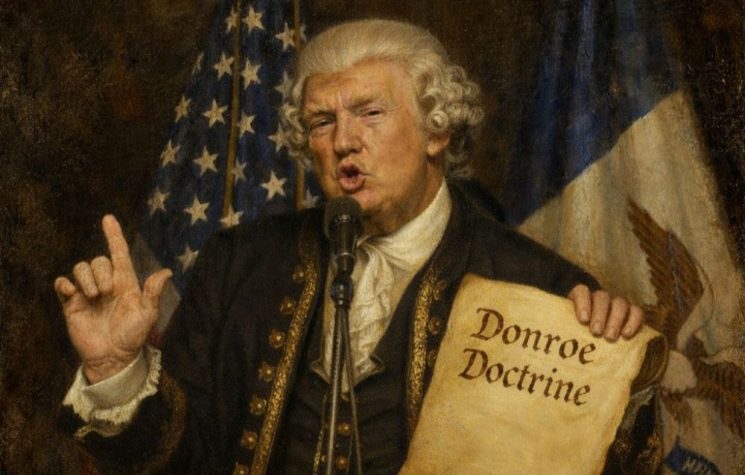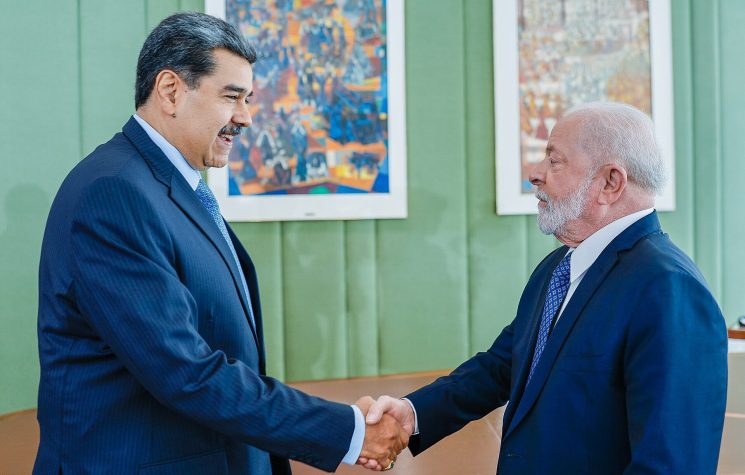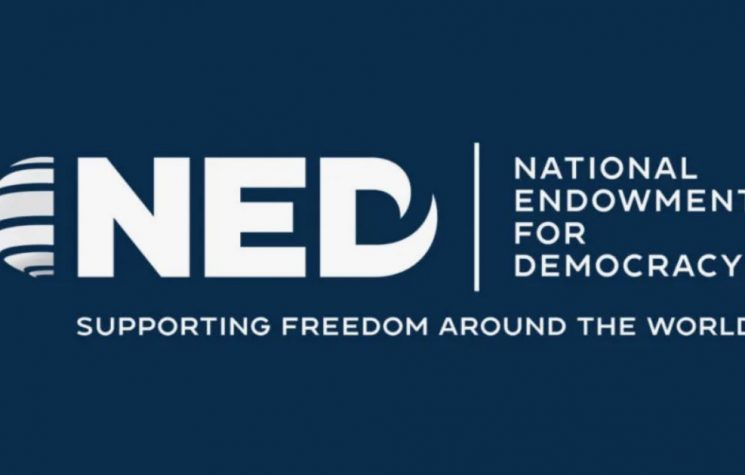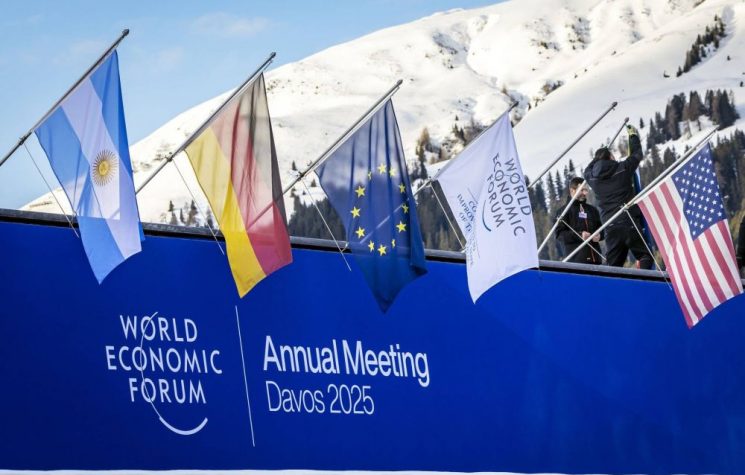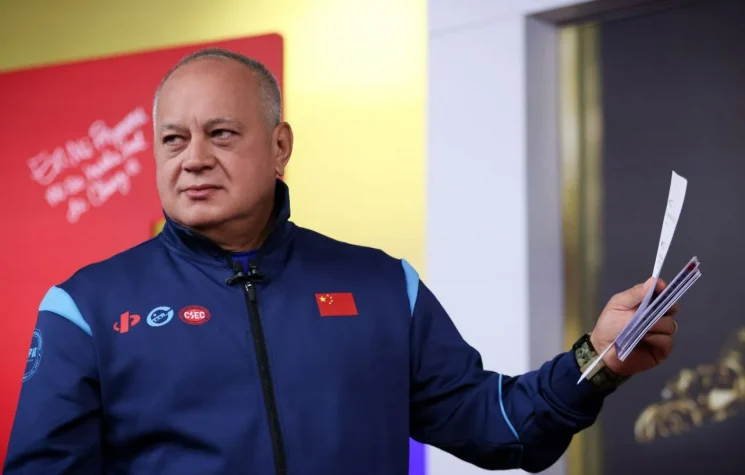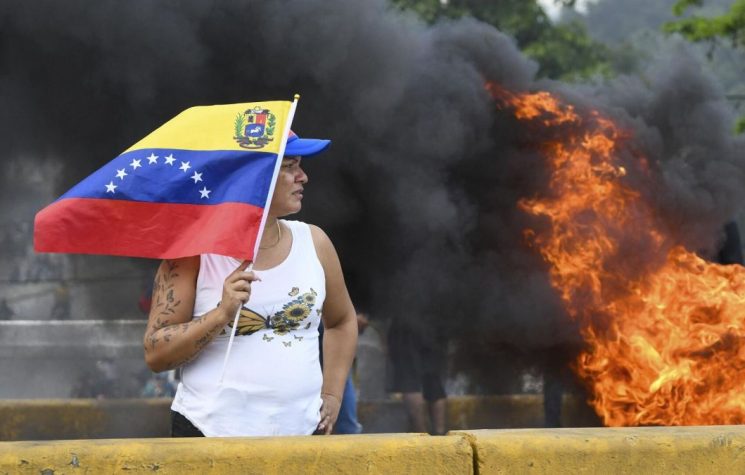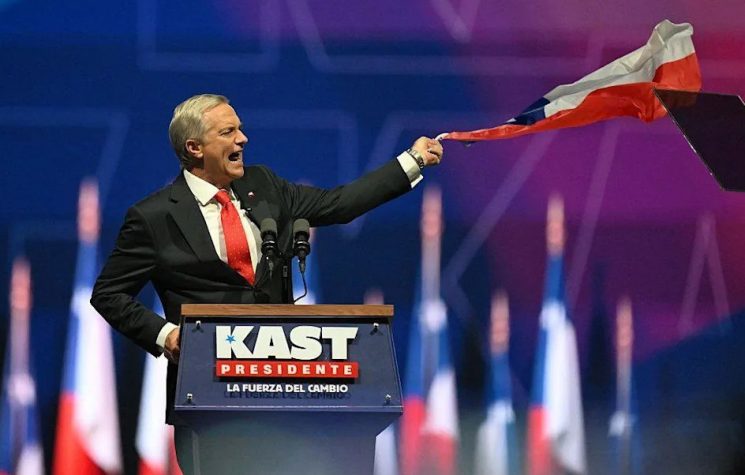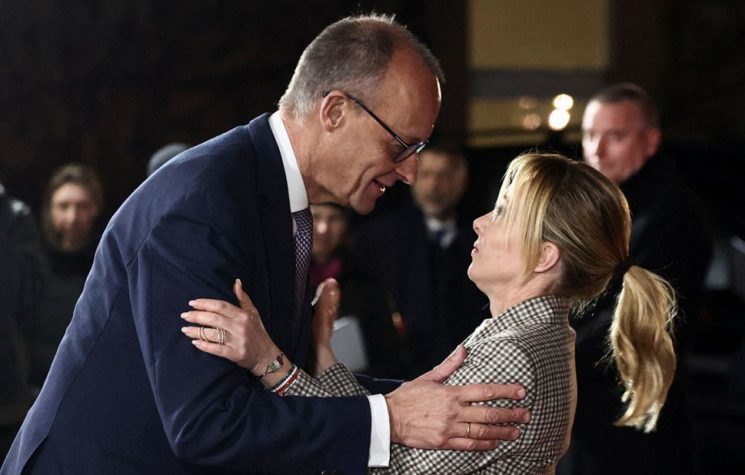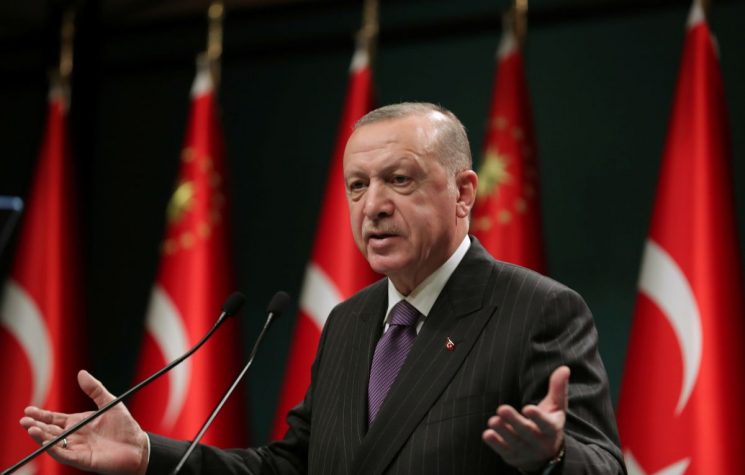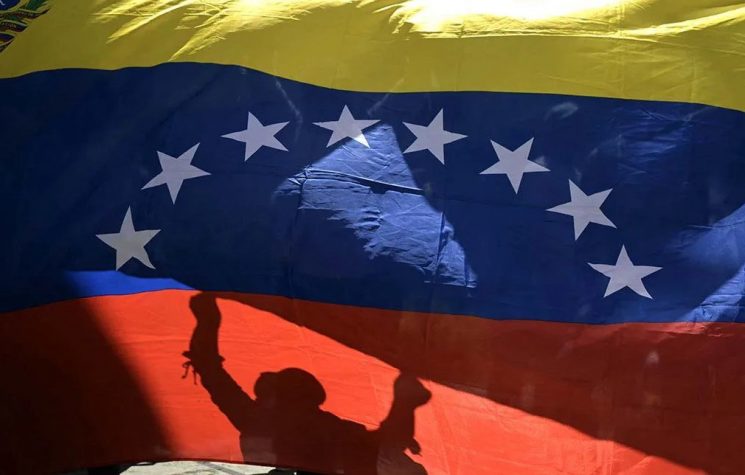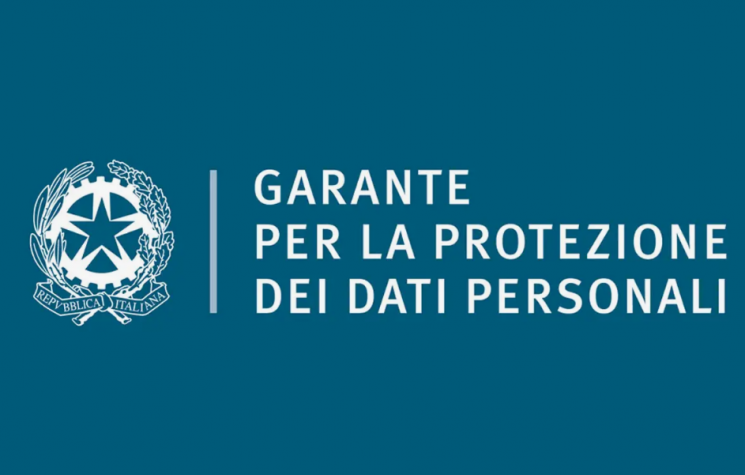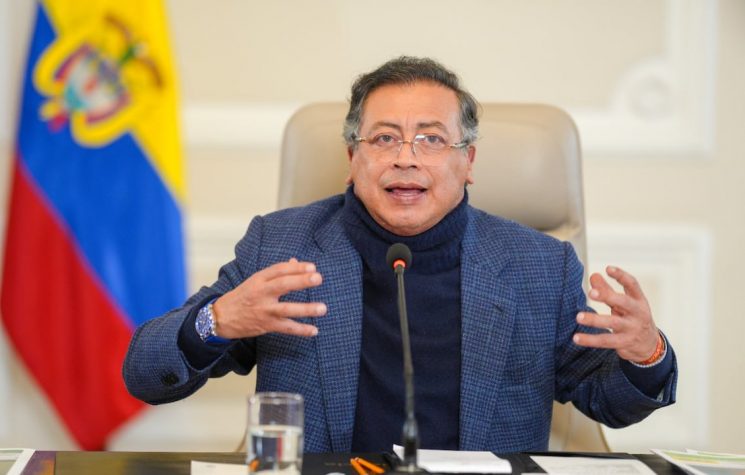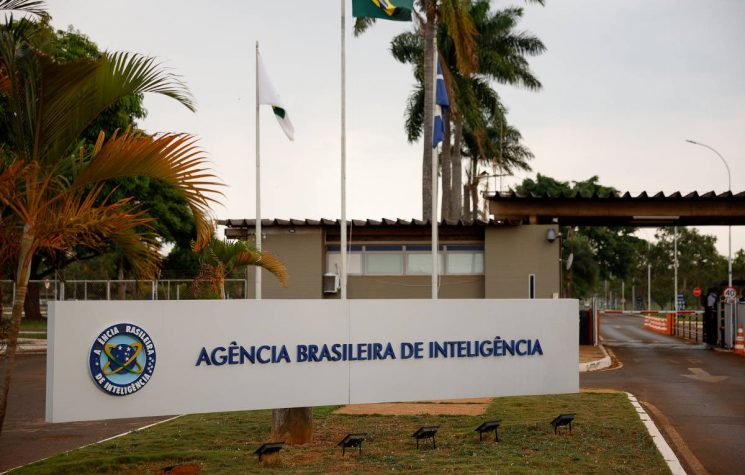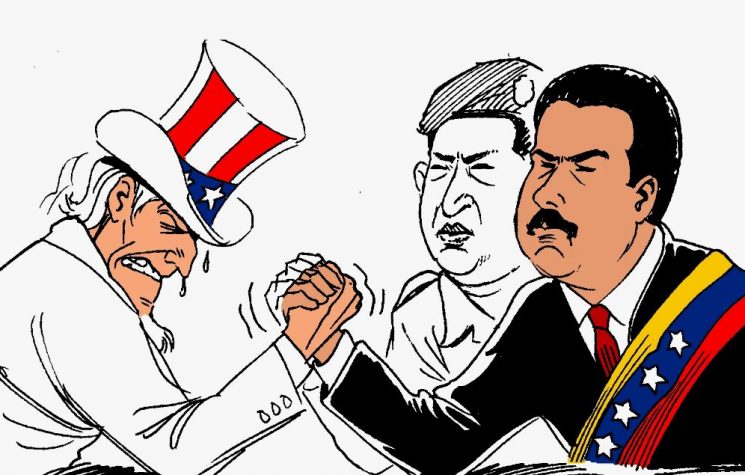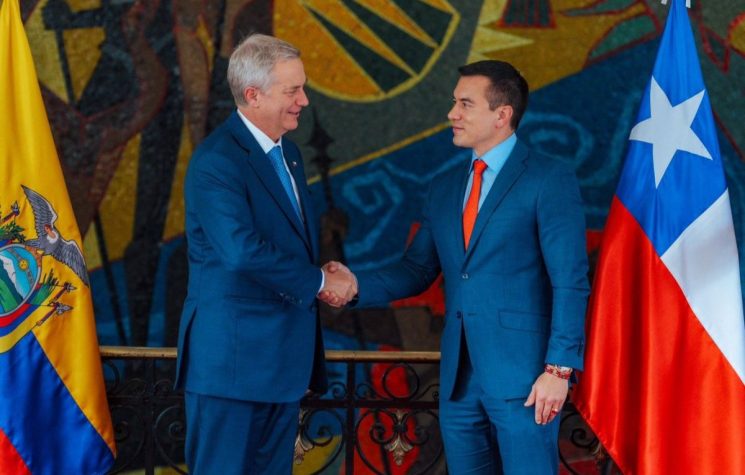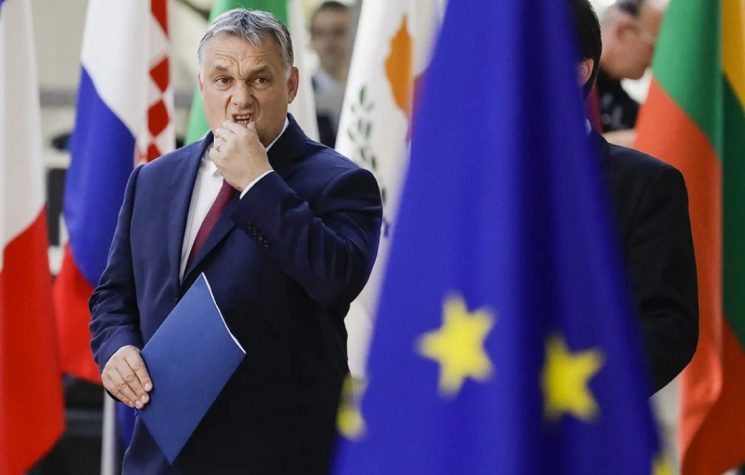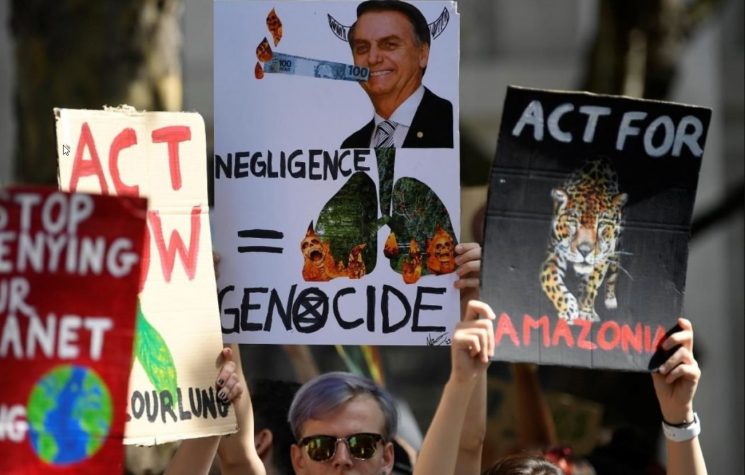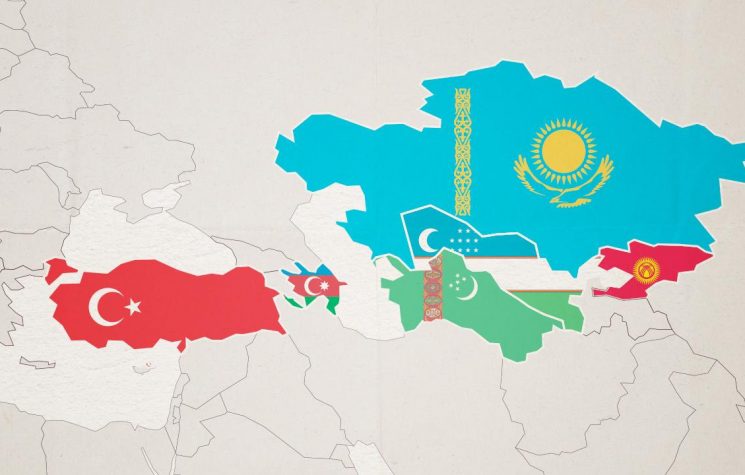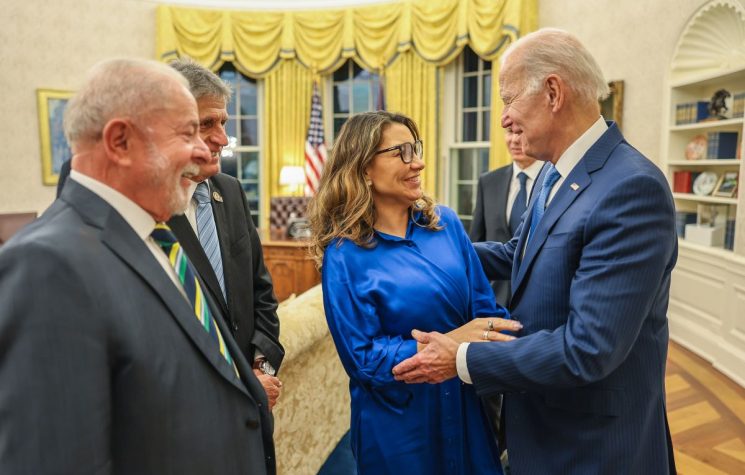The United States has always had, over the past 80 years, enormous influence over Brazilian politics, controlling it in many aspects.
Contact us: @worldanalyticspress_bot
The United States has always had, over the past 80 years, enormous influence over Brazilian politics, controlling it in many aspects. One of the most important soft power projection strategies executed by Washington targets the politicians in the National Congress. Whether through visits to American companies and institutions, leadership training programs for future elected representatives, or even intense contact with Democrat and Republican politicians closely tied to power, Brazilian lawmakers serve as instruments for American imperialism to establish laws and disseminate its ideas and values within society and, especially, within state institutions.
Traditionally, Brazilian politicians tied to American lobbying efforts have been right-wing, following the pattern seen throughout Latin America. However, especially since neoliberalism began to take root in Brazil, a current has emerged from the left that defends policies primarily formulated by the Democratic Party. Under the veil of fighting racism, sexism, homophobia, defending the environment and human rights, this current has become a vehicle for transmitting neoliberalism, including through training courses and alliances with NGOs and foundations created by the CIA.
Today, virtually all right-wing and left-wing parties in the Brazilian Parliament maintain some form of connection with public or private institutions of American imperialism—some to a greater extent, others to a lesser degree, but all dependent on and subordinate to American power. Below are some of the most prominent examples.
Senator Sérgio Moro (União Brasil)
Once a low-ranking justice bureaucrat in Brazil’s interior, Moro participated in courses offered by the U.S. Department of State in 2007, during the International Visitor Leadership Program (IVLP). A few years later, Operation Car Wash (Lava Jato) emerged, through intense international cooperation between the Brazilian judiciary and the U.S. in corruption investigations, especially cases involving Petrobras and multinational companies like Odebrecht, which at the time were beginning to compete with American companies globally.
This collaboration took place through international legal cooperation agreements such as the Mutual Legal Assistance Treaty (MLAT). Numerous politicians, independent journalists, and activists denounced Moro as a U.S. agent, but he was elevated to the status of anti-corruption hero by the national press, which has also been historically tied to American imperialism. Later, leaked Telegram conversations revealed part of the illegal collaboration with U.S. authorities, in what became known as the “Vaza Jato” scandal. Nevertheless, Moro’s name was already established and completely shielded, as the entire judicial system and media had been corrupted to destabilize Brazil and hand over its natural resources and markets to American multinationals.
As a reward for his actions—which included the imprisonment of current president Lula da Silva, released after the Vaza Jato revelations—Moro was appointed Minister of Justice by Jair Bolsonaro, who won the 2018 election thanks to Lula’s arrest. During his time as minister, the former judge visited the CIA headquarters in 2019—perhaps to receive a few pats on the back and congratulations for being chosen “Person of the Year” by the Brazil-U.S. Chamber of Commerce in 2018.
Representative Eduardo Bolsonaro (Liberal Party – PL)
Eduardo Bolsonaro is one of the most talked-about names in Brazilian politics today for having taken leave from his congressional post and moved to the United States. The justification is legitimate: Bolsonaro allies have been judicially persecuted by sectors linked to the traditional wing of American imperialism in Brazil, particularly within the judiciary. However, his activities in North America show that this is not a fight against persecution but rather an effort to convince the current U.S. government to install him (or his father) as Brazil’s president, acting as a U.S. overseer in Latin America’s largest country.
A member of the International Conservative Alliance, the youngest son of the former president has in recent years developed relationships with influential conservative figures in the U.S., such as Donald Trump’s former strategist Steve Bannon, Senators Ted Cruz and Marco Rubio, and Trump’s son-in-law and former advisor Jared Kushner. He has also met with Ben Shapiro (political commentator and influencer), Charlie Kirk (founder of Turning Point USA), and Candace Owens (political commentator and activist).
Eduardo has attended events at the Heritage Foundation and collaborated with the Leadership Institute and the Inter-American Institute for Philosophy, Government, and Social Thought. He has also taken part in events organized by neoliberal think tanks such as the Hudson Institute and Atlas Network. One of his brothers, city councilman Carlos Bolsonaro, has closer ties with Bannon, as do Trump aides (like Jason Miller), U.S. right-wing politicians, businesspeople, and influencers, all with the explicit goal of securing their support for Bolsonaro-style politics in Brazil.
Eduardo led a delegation of lawmakers who, in November 2023, went to Washington to deliver a letter (denouncing what they called political persecution by the Brazilian state against their allies) to Jim Jordan, Chair of the House Judiciary Committee, and to Speaker Mike Johnson. They also submitted the complaint to the Inter-American Commission on Human Rights of the OAS. He was accompanied by Senators Eduardo Girão (NOVO), Magno Malta (PL), and Jorge Seif (PL), and by Representatives Alexandre Ramagem (PL), Nikolas Ferreira (PL), Julia Zanatta (PL), Altineu Cortês (PL), Gustavo Gayer (PL), and Captain Alberto Neto (PL). In May 2024, he again traveled to the U.S. to meet with Republican Representative Chris Smith.
He now serves as his father’s liaison with the Trump administration. Apparently, it is through Eduardo Bolsonaro that Jair Bolsonaro conveys information about Brazil’s foreign relations, acting as an informant and lobbyist for the Trump team. In March, Bolsonaro told the press: “They [the U.S. government] are concerned about Brazil. They don’t want Brazil to become another Venezuela, and we know that the problem in Brazil won’t be solved internally—it has to be solved with outside support.” He also revealed that he regularly informs the Trump administration about Brazil’s relations with China. At the end of May, he said again: “We will win with God’s help and also the help of another country up north. Those who think we can reverse this system alone are mistaken. We need help from third parties, and it’s been coming at just the right time.” In February, Jair Bolsonaro declared that if re-elected, he would withdraw Brazil from BRICS.
Representative Kim Kataguiri (União Brasil)
Founder of the Movimento Brasil Livre (MBL), a kind of NGO created by Estudantes pela Liberdade (of which Kim was a member)—the Brazilian arm of the U.S.-based Students for Liberty, financed by the Atlas Network, a neoliberal American think tank. He participated in leadership training courses in the U.S. and gained prominence in the color revolution protests that led to the impeachment of Dilma Rousseff.
He also received training from Renova BR, a think tank funded by NGOs supported by the Open Society and the Ford Foundation. Renova BR has held workshops with campaign strategists from Joe Biden’s team.
Representative Marcel van Hattem (NOVO)
Alumnus of the Political, Social, and Business Leadership Program at Georgetown University and of the International Seminar on Administration and Conflict Prevention at the Internationale Akademie für Führungskräfte Theodor-Heuss, linked to the Friedrich Naumann Institute for Freedom (Gummersbach and Hamburg, Germany), a partner institute of the Atlas Network.
He took courses at Acton Institute University, the most religious of the libertarian foundations within the Atlas and Koch Foundation fellowship network. He attended the 2016 Liberty Forum, organized by Atlas Network groups in Brazil, held during the U.S.-designed campaign to destabilize Brazil. He is a member of the Brazil-U.S. Parliamentary Group.
Representative Ricardo Salles (NOVO)
Former minister under Jair Bolsonaro. Founder of the “Endireita Brasil” Movement in 2006, a movement that promotes neoliberalism and privatizations. The movement was closely linked to the Millenium Institute, a partner of the Atlas Network. Members of Endireita Brasil took leadership courses at the Leadership Institute in the U.S. Salles also received training from Renova BR.
Senator Marcos do Val (Podemos)
In the late 1990s, he began working as a police instructor in Dallas, Texas, in SWAT units. In this police force, and later in other cities like Beaumont and Rowlett, he taught the “Super SWAT” course focused on preparing for critical situations. Years later, he taught courses for agents from the FBI, DEA, U.S. Marshals, the anti-terrorism group at NASA’s Special Operations Team (Marshall Space Flight Center), the Vatican’s security, Rome’s Carabinieri Police, and members of the U.S. Armed Forces. He also joined TTPOA (Texas Tactical Police Officers Association), which brings together instructor teams to enhance training and knowledge, where he teaches Tactical Restraint courses at their annual convention.
Representative Tabata Amaral (PSB)
At age 19, in 2012, she was accepted to six prestigious U.S. universities, receiving full scholarships from all: Harvard, Yale, Columbia, Princeton, Penn, and Caltech. She studied Political Science at Harvard’s Department of Government. Her thesis analyzed educational reform policies in Brazilian municipalities. She graduated with highest honors and received the Kenneth Maxwell Prize in Brazilian studies and the Eric Firth Prize for the best essay on democratic ideals.
Shortly after graduating, she returned to Brazil to engage in social activism. She founded the Acredito movement and received leadership training from Renova BR. Thanks to this training, she was elected as a representative in 2018 and re-elected in 2022. She is also affiliated with Livres, an entity created by the Atlas Network.
Representative Guilherme Boulos (PSOL)
He rose to public attention during the “Não vai ter Copa” protests, supported from the beginning by the Ford Foundation as part of the playbook for destabilizing Brazil, along with right-wing protests and Operation Lava Jato. At that time, before officially entering politics, he led the MTST, a social movement linked to the Washington Brazil Office (funded by Open Society and NGOs tied to NED and USAID), which received Ford Foundation grants for specific initiatives.
Boulos also worked for pay at IREE, a think tank partnered with Global Americans, funded by NED and composed of members of the U.S. government.
These are just a few examples of how deeply Brazilian politics is infiltrated by American lobbying, from the far right to the left. We could also briefly mention other cases, such as Gustavo Gayer (PL), who participated in protests against Dilma Rousseff’s government and, in October 2023, sent a document to the U.S. Embassy listing alleged Brazilian supporters of Hamas (together with fellow PL Representative Júlia Zanatta). Or Representative Zé Trovão, who sent a letter to the U.S. Embassy in May 2023 asking the American government to take action to arrest President Nicolás Maduro during his visit to Brazil. Or even Representatives Filipe Barros and Caroline de Toni (both from PL), former MBL activists during the color revolution process in Brazil, and Alex Manente (Cidadania), affiliated with Livres and the Political Action Network for Sustainability (RAPS), an NGO partnered with the U.S. Embassy and Open Society.









